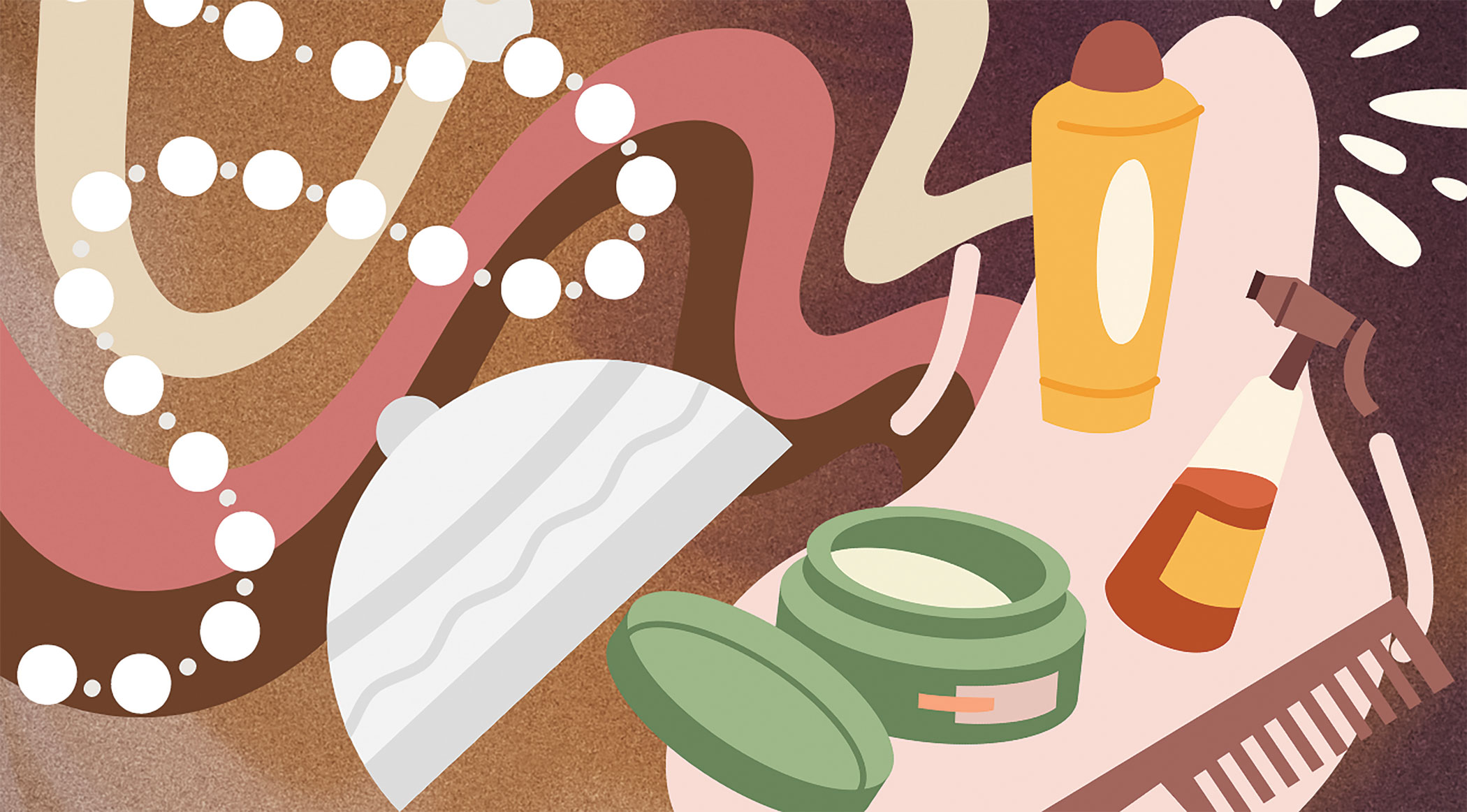Residence

Akbar has always wanted to be a writer. Only in the last three years has he wanted to be an American writer. "English sells," he says, "So why not in the land of America, where anything can be sold!" He is my landlord's only son, a short man who drinks tea with glucose. He wears bright, colourful Keds, which are Velcro and broken in. All he ever talks about are his frustrations regarding a literary career that in all likelihood seems doomed. He is pushing 40. A father of two school-going children. "I even drop the word 'delve' in every book review I write," he says, "What more do they want from me?"
But that is not all. Akbar is founding member of a Robert Frost appreciation club here, a regular at discussions of latest 'western' novels in Dhaka, and can often be seen in bookstores in the Shahbag area absorbed in literary gossip with the store owners, with whom he has a good rapport. It had been during one of these conversations that I was introduced to him. I needed a place to stay, I was new to the city here, attending college.
"Are you a poet?" Akbar asked me that day with the eagerness of a city-dweller interested in the simple lives of someone from the mufassil.
"I try to be, bhai," I said to him, hoping to impress him, "Every morning I wake up and pen a poem. If I don't find the time, the rest of my day is ruined."
"How endearing! And look at us living in the capital, with our A/Cs and laptops, we barely get any writing done."
I did not mention that we, too, had A/Cs in my hometown, that I did not exactly write my imaginary poems inside a hut by the river.
"I write two lines and my wife barges in," Akbar continued, "Wanting me to walk the children to school!"
I later find that Akbar mentions his wife a fair bit when he complains. They were married off when he was my age, partly in a bid to cure his obsession with writing and books. Akbar's father, who frightens him a great deal, had arranged for him the daughter of one of his close friends. He never has nice things to say about her. She is yet another impediment to his calling as a writer. Akbar can be very dismissive of her when he wants to. One time, he tells me, "One must go to Hollywood to make it. There is no future for me here. Mina would never understand."
On the contrary, Mina wants him to succeed. She tells me this when we kiss on the darkened staircase. It is a thrill making out with Akbar's wife like this. A handful of times, we are on the verge of being caught. "When he leaves for America, I can leave him and come be with you," she says. "No more sneaking around." I tell her I doubt her husband is going anywhere.
"He tries so hard to be a writer, of course one of these programmes has to take him in," she says. But these programmes, they never write back to him. Akbar shows me his cutouts: illustrated cottages and exclamatory information, full of promises of literary stardom. He writes to all of them, requests them with all his heart, "Dear Sirs and/or Madams, I beg to state that I am a lonely writer," he says, asking for the humbling opportunity to represent his land in the international arena, to be able to learn at their capable hands and come back a better representative for his people. The answer never arrives.
"It's like I don't exist, like my letters vanish altogether the instant they cross the borders of the city!"
Sometimes I daydream that he will be called up. My landlord will see how lonely his daughter-in-law has become and invite me to share her bed.
"You are out of your mind!" Manik tells me, always. We share a room on the terrace. A small, cramped attic-room, painted green and smelling, perpetually, of the damp mattresses stored in one corner. Akbar has been generous enough to convince his father to rent it out to me. "Never mention you are a poet," he warned me the first day, "Abba thinks our kind has no self-respect." But Akbar needn't have worried. I am a good tenant. Even Manik here is in awe of me. He works at a tea-shop during the day. I attend classes at my degree college nearby. I take English. Wordsworth, Cervantes, and some Shakespeare. Perhaps after completing my degree, I will join Manik at the tea-shop in the mornings and study for civil service exams at night. Akbar had studied English too in college. He went to the University of Dhaka. He believes this is one more reason we must be comrades. People laugh when he says he is a writer. They laugh with pity when he says he writes in English. Manik tells him he prefers his x-rated films in English. "High class language, brother. Gives you a different feeling. Oof. "
Akbar shares his work with me. He brings over sheaves of paper neatly typed with 'A Life Blossoming' or some other ghastly title creeping on top of every chapter with pride. I am assured, repeatedly, that the novel has enough naughtiness to keep my attention intact.
"I understand you appreciate a little screwing every few pages," he says. How do I tell him I cannot be trusted to read his work? I am sleeping with his wife. I can only praise him. I will never be an impartial voice. Besides, as a student of English, I do not know anything about literature.
But it is Manik who becomes the end of me, not Akbar's drivel. I regret rooming with him—for anything he does, I am at fault. Akbar, perennially scared of his father, does not come to my defence.
*
Manik has stolen my landlord's phone and run away with it. I do not foresee this happening because my days are spent largely thinking of Mina. Perhaps he has been thinking of leaving anyway and decided to nick a few items on his way out.
"You leave by the first of next month," My landlord says, "It's final."
I plead but I know there is nothing I can do. Akbar, in a rare fit of courage, tries to intervene. But the old man does not budge. Maybe he knows about Mina and me. I wonder if the entire building knows about our affair. I smoke some Star and wait for Mina to come by the terrace. We hook up behind the water-tank every night. Today she is not in the mood. She tells me Manik did us both dirty. "That bastard," she says, "Don't leave."
I'll go back home. No point in my degree if the city cannot own me up.
"Call me when Akbar goes to America, I'll come by."
"You will forget me," Mina says, "Bastard."
She wants to insult me more but Akbar's mother comes up to the terrace and catches us together. She is an old lady, with white hair. Seeing her, one realises Akbar got all of her face.
"What are you doing here? Get inside," she says. She looks at me with disgust. I worry if I can risk staying till the first of next month. Maybe I should just walk away right now. What will the difference be? I hope Akbar becomes a writer one day, an American writer. His success is what Mina and I will be hoping for, for the sake of our improbable future together. As I sneak out the building with the bare necessities I have, I wish him the best.
Shahriar Shaams has written for Dhaka Tribune, The Business Standard, and The Daily Star. He can be emailed at shahriarshaams@gmail.com. Find him on X: @shahriarshaams.



 For all latest news, follow The Daily Star's Google News channel.
For all latest news, follow The Daily Star's Google News channel. 


Comments